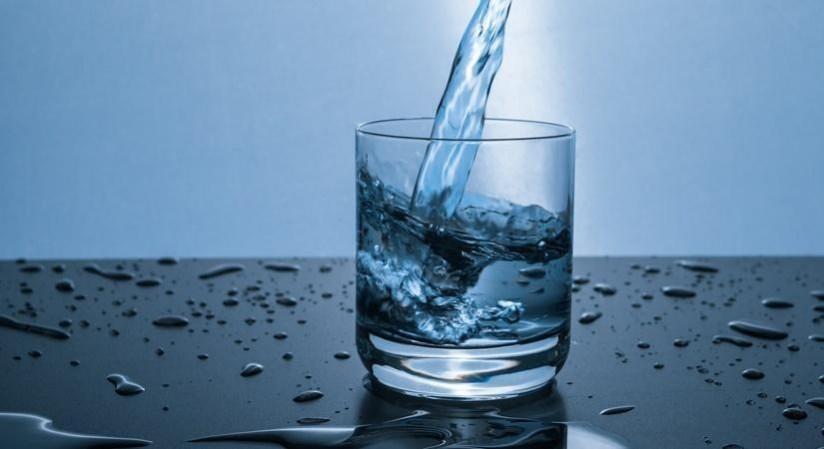
A recent study suggests that bottled water marketed as "alkaline water" may not be an effective alternative for preventing recurrent urinary stones.
The research, published in The Journal of Urology, highlights that while alkaline water has gained popularity as a high pH beverage, it may not be a substitute for prescription drugs in stone prevention.

Alkaline water, with a pH range of 8 to 10, has seen a significant surge in consumption and sales, with proponents touting various health benefits such as improved hydration and increased urinary pH. Raising urinary pH is crucial in preventing certain types of urinary stones, but the study indicates that alkaline water's alkali content is negligible and cannot sufficiently raise urine pH to impact stone development.
Dr. Roshan M. Patel, from the University of California, Irvine, explained, "While alkaline water products have a higher pH than regular water, they have a negligible alkali content — which suggests that they can't raise urine pH enough to affect the development of kidney and other urinary stones."

To assess the potential of high pH water in stone prevention, the research team measured the pH of five commercially available alkaline water products. The tested brands had a similar pH, around 10, with one product containing a small amount of citrate not listed on the label. However, the alkaline waters lacked organic anions that could metabolize into alkali, unlike potassium citrate tablets commonly prescribed for stone prevention.
The study found that at a pH of 10, the alkali content of the tested products was just 0.1 milliequivalent per liter (mEq/L), considered trivial compared to the body's typical metabolic acid production of 40 to 100 mEq/L per day.
In contrast, other products, such as orange juice, showed greater potential to increase pH, with an alkali content of up to 15 mEq/L. Baking soda and newer dissolvable products also emerged as effective and cost-efficient alternatives, though concerns were raised about the sodium content.
The researchers emphasized the need for clinical trials to explore options for raising urinary pH and acknowledged the limitations of their laboratory study.
(With inputs from IANS)













